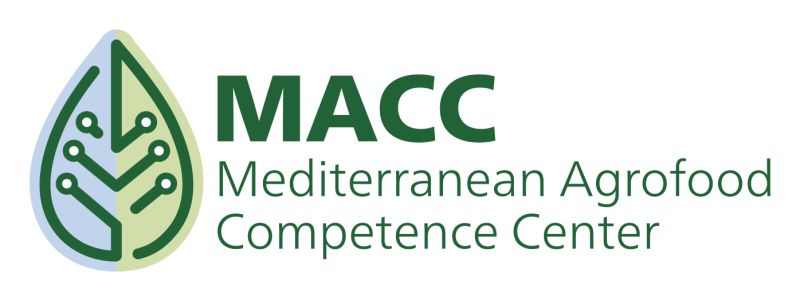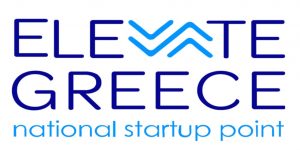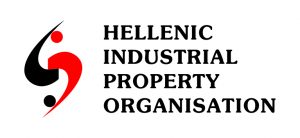Mediterranean Agrofood Competence Center (MACC) is an organisation that gathers 48 partners from various sectors of the Greek economy, including academia, industry, public authorities and society. All MACC partners are directly or indirectly related to the agri-food sector, with expertise in areas such as primary sector, food production and distribution, procurement, plastics, IoT systems and sensors.
The aim of the organisation is to support agri-food businesses by providing them with a range of services such as technology transfer, support for the introduction and use of innovative technologies, intellectual property protection, business networking and agri-food problem solving businesses through innovation in products and services.
MACC’s mission includes identifying the needs of agri-food businesses, commercializing research results, conducting research and development in science and engineering, conducting market and consumer research, providing various types of measurement and analysis, and providing management consulting services. The organisation also provides education and training for business’s staff, organisation of workshops , conferences and events and participates in national and European innovation activities.
Additionally, the MACC supports the development of new business activities in the agri-food sector and contributes to the commercialisation of research results and knowledge produced by higher education institutions and research centres. The organisation’s staff is highly qualified in technology and science and all of the activities are supported by experts in scientific, technological, business, economic and production models.

Indicative Innovative Achievements
Production of soil improver from sheep wool
Apart from the obvious benefits of adopting a circular economy, the use of sheep’s wool soil improver can offer many benefits to the farmers. Sheep wool is a nutritionally rich fertiliser, containing high levels of nitrogen, phosphorus and potassium, which are essential for plant growth. Additionally, sheep’s wool is an organic fertiliser, which is safe for use in food crops and contains no harmful chemicals or synthetic compounds. It also helps to improve soil structure and fertility, leading to better water retention, aeration and nutrient uptake by plants. Moreover, the use of sheep wool as a soil conditioner is sustainable, cost-effective and environmentally friendly. It is a by-product of the sheep farming industry, it is cheap and its use reduces the need for synthetic fertilizers that can harm the environment.
Smart Agriculture Support Network
MACC in collaboration with the INOFA network and the American Farm School has developed a network of smart farming advisories using LoRaWAN technology. This network offers a range of benefits for farmers, such as increased crop yields, reduced costs and improved decision-making. By using IoT devices such as sensors to monitor environmental factors affecting crop growth, farmers can optimise irrigation, fertilisation and other practices to increase crop yields. At the same time, they can reduce costs by the automation of tasks such as irrigation and fertilization.Finally, by using precision farming they can be proactive in using inputs such as fertilisers and pesticides more efficiently.
Please find more information on the following websites:






